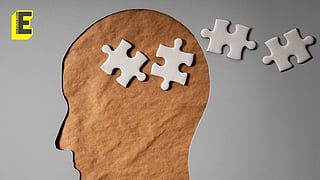
Memory is a powerhouse for academic success. Strong memory empowers students to retain information, connect ideas, and apply knowledge.
By understanding the different types of memory and cultivating effective memory strategies, students can improve their learning and achieve their academic goals.
Holds temporary information needed for ongoing tasks, like solving Math problems or understanding complex sentences. Deficient working memory can hinder comprehension and problem-solving abilities.
Remembers specific experiences and events. This can help recall historical events, scientific experiments, or literary passages very well.
Stores knowledge and skills for future use. Strong long-term memory allows students to retain what they’ve learned and access it for exams, essays, and future learning.
Stores general knowledge and concepts. This allows students to understand the meaning of words, apply mathematical principles, and grasp scientific theories.
However, it’s important to note that memory is not solely responsible for academic success. Additional factors such as motivation, attention, study skills, and critical thinking also play crucial roles.
Rote memorisation without understanding may not translate to effective application of knowledge, while meaningful learning leads to stronger, more accessible memories.
